Introduction
An AI tutor chatbot is an intelligent conversational system designed to assist learners with educational tasks. These systems use artificial intelligence to simulate human-like interactions, helping students with explanations, answering questions, and guiding them through coursework in real time.
AI tutor chatbots are becoming increasingly important due to the growing demand for scalable, personalized, and accessible education tools. As digital learning becomes more widespread, there is a critical need to support diverse learning styles and provide round-the-clock educational assistance. The integration of AI into digital learning ecosystems enables more tailored support for students, fostering greater engagement and academic success.
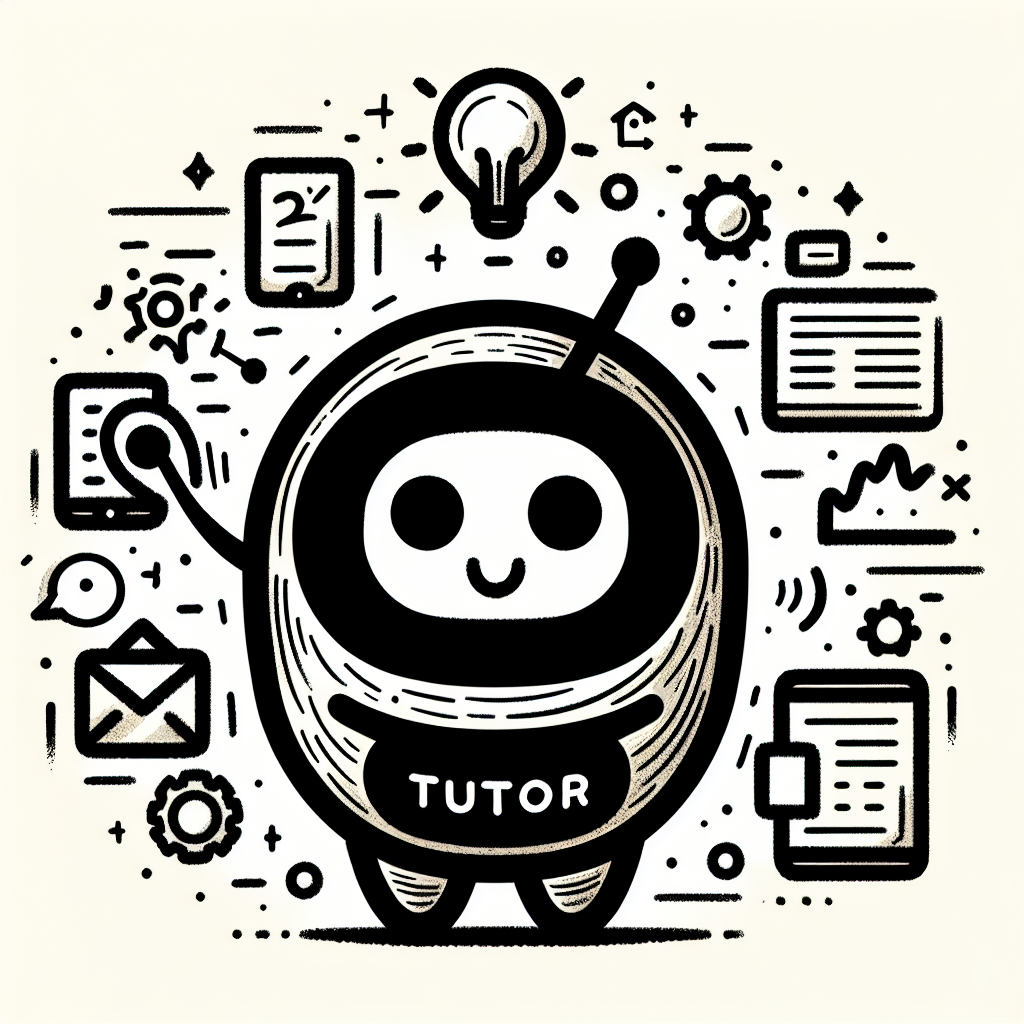
Core Functions and Capabilities of AI Tutor Chatbots
24/7 Academic and Administrative Support
AI tutor chatbots provide continuous, on-demand support for students, offering help with coursework, assignment deadlines, and navigating campus services. This constant availability streamlines the learning experience and enhances student access to essential academic and administrative resources. According to The Rise of Chatbots in Higher Education, these tools are transforming how institutions deliver support by reducing wait times and improving responsiveness.
Real-Time FAQ Handling
AI tutor chatbots efficiently handle frequently asked questions, providing instant answers to common student inquiries. This function significantly reduces the workload on administrative and teaching staff, allowing them to focus on more complex tasks while ensuring that students receive prompt, accurate information.
Simulation of Real-Life Scenarios
These chatbots can simulate real-world situations, enabling role-playing and scenario-based learning. This interactive approach helps students build practical skills, such as communication and decision-making, in a controlled, repeatable environment.
Personalized Learning Experiences
AI tutor chatbots deliver customized learning by adapting content and feedback to each student's unique learning style and progress. This personalization fosters deeper engagement and supports academic success. As noted in AI Chatbots in Education Can Enhance Student Engagement and Support, adaptive technologies empower learners by meeting them where they are in their educational journey.
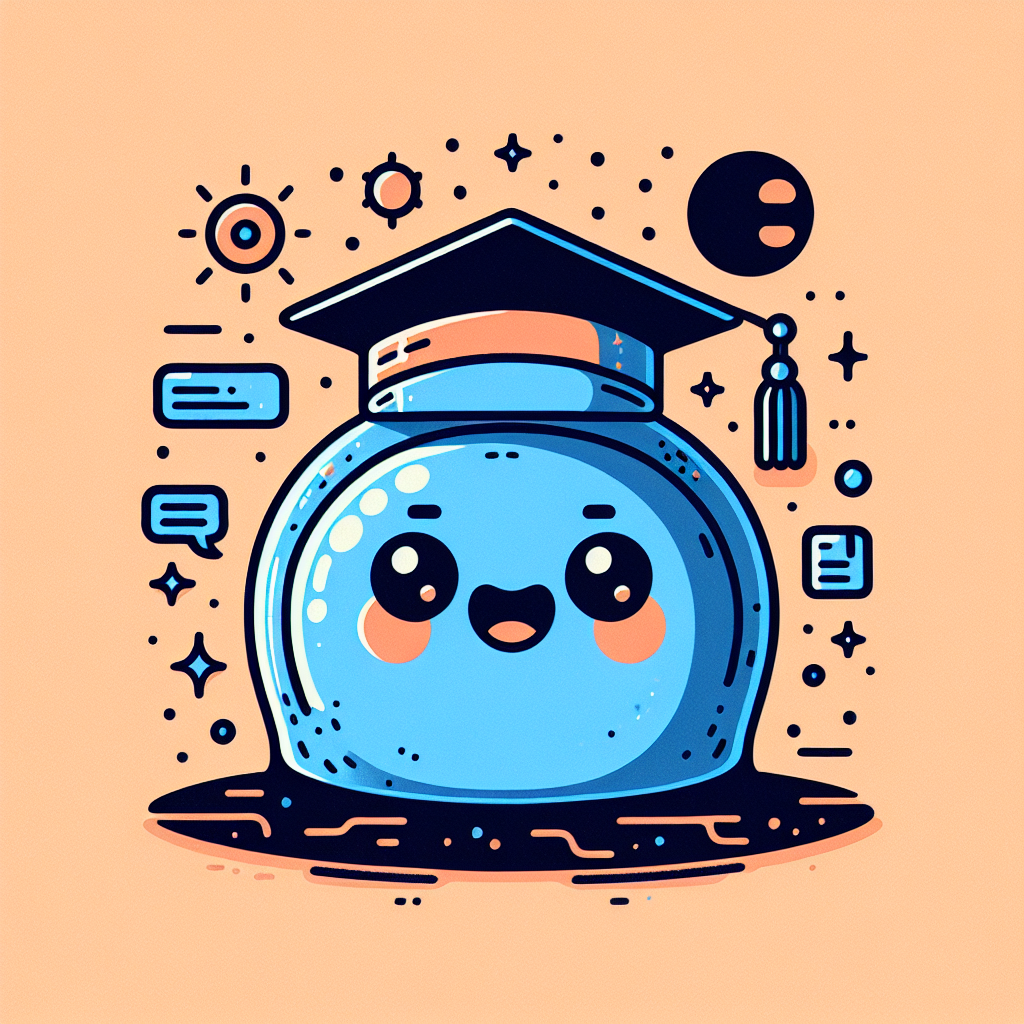
Educational Impact and Student Outcomes
Enhanced Engagement and Retention
AI tutor chatbot technology enhances student engagement by offering interactive, conversational learning experiences. These real-time interactions help keep students motivated and more involved in their coursework. Institutions that have implemented AI tutor chatbots report increased student participation and sustained attention, contributing to improved learning retention across various academic settings.
Accessibility and Inclusivity
AI tutor chatbots support a wide range of learning needs by offering flexible, personalized assistance. Whether students are balancing school with work, dealing with disabilities, or learning at their own pace, chatbots provide round-the-clock help tailored to individual requirements. This adaptability makes education more accessible for learners with different backgrounds and constraints.
Equity and Cultural Relevance in Learning
AI tutor chatbot systems are increasingly designed to incorporate diverse cultural contexts, helping students see themselves reflected in their learning materials. For example, initiatives like the one at Indiana University focus on using AI chatbots to make STEM lessons more culturally relevant, aiming to engage marginalized student populations and increase their representation in STEM fields (AI Chatbot to Increase Cultural Relevancy of STEM Lessons, Engage Marginalized Students).
Measurable Institutional Gains
The deployment of AI tutor chatbots has led to quantifiable improvements in student outcomes and institutional metrics. At Wayne State University, the introduction of the "W the Warrior" chatbot contributed to a 14.6% increase in enrollment, with especially significant gains among first-generation and Pell-eligible students (Using AI to Help Students Learn "How to College"). These results underscore the potential of AI tutor chatbots to support both academic success and broader institutional goals.

Use Cases Across the Educational Journey
Academic Support
An AI tutor chatbot can provide immediate academic assistance across a variety of subjects, including STEM, humanities, and language learning. Students can receive real-time help with homework, gain clearer understanding of complex topics, and access customized study plans tailored to their learning pace and style.
Administrative Assistance
Beyond academics, an AI tutor chatbot can handle routine administrative tasks. It can assist students with course registration, provide information on financial aid, offer campus directions, and explain institutional policies, reducing the burden on human support staff.
Academic Advising and Career Planning
AI tutor chatbots can guide students in selecting courses aligned with their academic goals and tracking degree progress. They also support resume building and career planning by offering personalized suggestions based on a student’s interests and achievements.
Onboarding and Orientation
For new and first-generation students, an AI tutor chatbot can demystify the college experience. It offers essential "how to college" guidance, helping students navigate academic expectations, campus resources, and time management strategies.
Inclusive Curriculum Design
Educators can use AI tutor chatbots to design inclusive and culturally relevant curriculum. These tools can help adapt lesson plans to reflect diverse perspectives and learning needs. For example, researchers are exploring how chatbots can enhance the cultural relevancy of STEM lessons (AI Chatbot to Increase Cultural Relevancy of STEM Lessons).
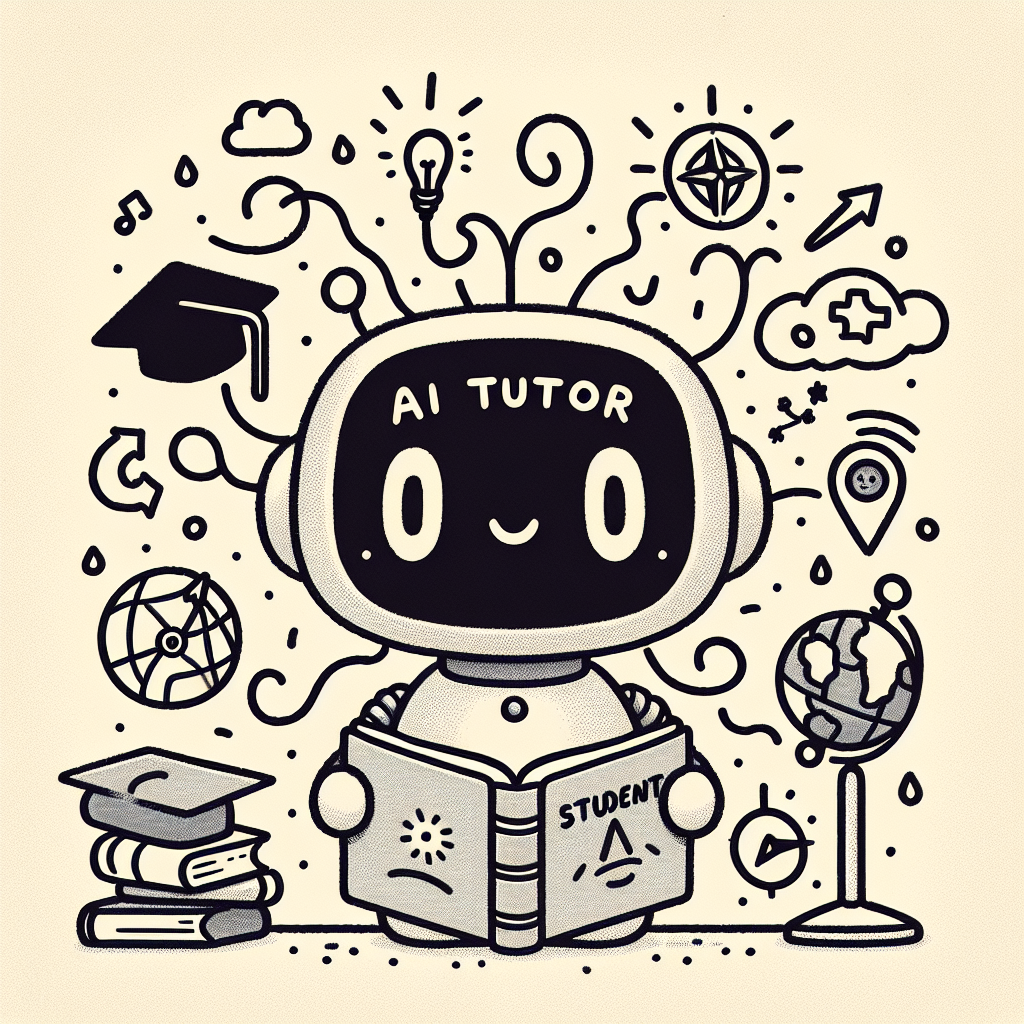
Technical and Ethical Considerations
Benefits
AI tutor chatbots offer significant benefits in educational settings. Their scalability allows institutions to provide support to large numbers of students simultaneously, regardless of time or location. This creates more efficient learning environments and reduces the strain on human educators. Additionally, AI tutor chatbots can deliver consistent and reliable information, ensuring that all students receive the same quality of educational support, which is especially valuable in standardized learning contexts.
Challenges
Despite these benefits, several technical and ethical challenges must be addressed. Algorithmic bias is a major concern, as AI tutor chatbots can perpetuate existing inequalities if their training data lacks diversity or reflects societal biases. This issue is well-documented in educational AI applications and can negatively impact fairness in student support (Artificial Intelligence In Education).
Another critical challenge is data privacy. AI tutor chatbots often collect and process sensitive student information, which must be protected to comply with privacy regulations and maintain trust. Additionally, there is a need to ensure human oversight in situations involving emotional distress, academic dishonesty, or other sensitive topics where automated responses may be insufficient.
Best Practices for Implementation
To address these challenges, several best practices should be followed. Transparent AI design and explainable logic help users understand how decisions are made, increasing trust and accountability. Using inclusive training datasets can reduce algorithmic bias and improve fairness across diverse student populations. Implementing human-in-the-loop models ensures that human educators can oversee AI interactions and intervene when necessary, maintaining a balance between automation and human judgment.

The Future of AI Tutor Chatbots in Education
Integrating AI with Human Educators
AI tutor chatbots are increasingly being designed to complement, not replace, human educators. These tools can handle repetitive and routine inquiries, allowing teachers and advisors to focus on more complex, personalized student needs. For example, AI tutor chatbots can provide instant feedback on assignments or answer frequently asked questions about coursework, freeing up educators’ time for mentoring and deeper engagement with students. This integration enhances the reach and depth of educational support services, making them more efficient and responsive.
AI-Driven Lifelong Learning Companions
Beyond traditional classrooms, AI tutor chatbots have the potential to become continuous learning partners throughout a person's life. From early education to higher education and professional development, these chatbots can adapt to the learner’s evolving needs. They can recommend resources, track progress, and adjust content delivery based on the learner’s pace and preferences. As lifelong learning becomes more essential in a rapidly changing job market, AI tutor chatbots could play a critical role in supporting individual education journeys.
Democratizing Education Globally
AI tutor chatbots hold promise for bridging educational gaps, especially in underserved or remote regions. Because they can operate in multiple languages and are available 24/7, they provide consistent access to quality tutoring regardless of geography or local infrastructure. This can help democratize education by making learning support accessible to students who might not have regular access to qualified teachers or academic resources. In this way, AI tutor chatbots contribute to a more equitable global education landscape.
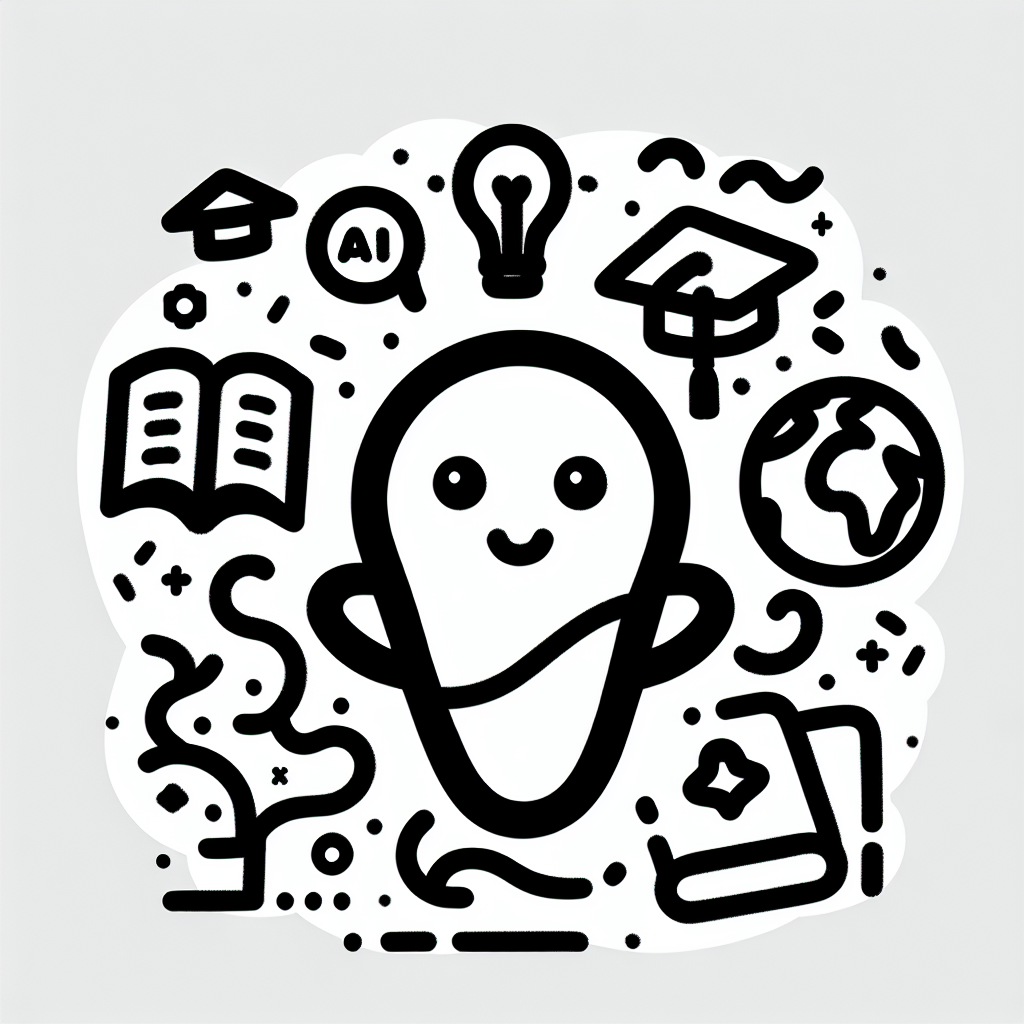
Conclusion
AI tutor chatbots are reshaping the educational landscape by offering personalized learning experiences, increasing student engagement, and promoting greater equity in access to educational resources. These tools adapt to individual learning styles and needs, helping students grasp complex concepts at their own pace.
As educational institutions continue to integrate technology, the future of education will rely on responsibly harnessing AI tutor chatbots to support learners, teachers, and administrators. Ensuring ethical use, data privacy, and accessibility will be critical in maximizing their benefit across diverse learning environments.

References
- The Rise of Chatbots in Higher Education
- AI Chatbots in Education Can Enhance Student Engagement and Support
- Using AI to Help Students Learn "How to College"
- Artificial Intelligence In Education
- AI Chatbot to Increase Cultural Relevancy of STEM Lessons
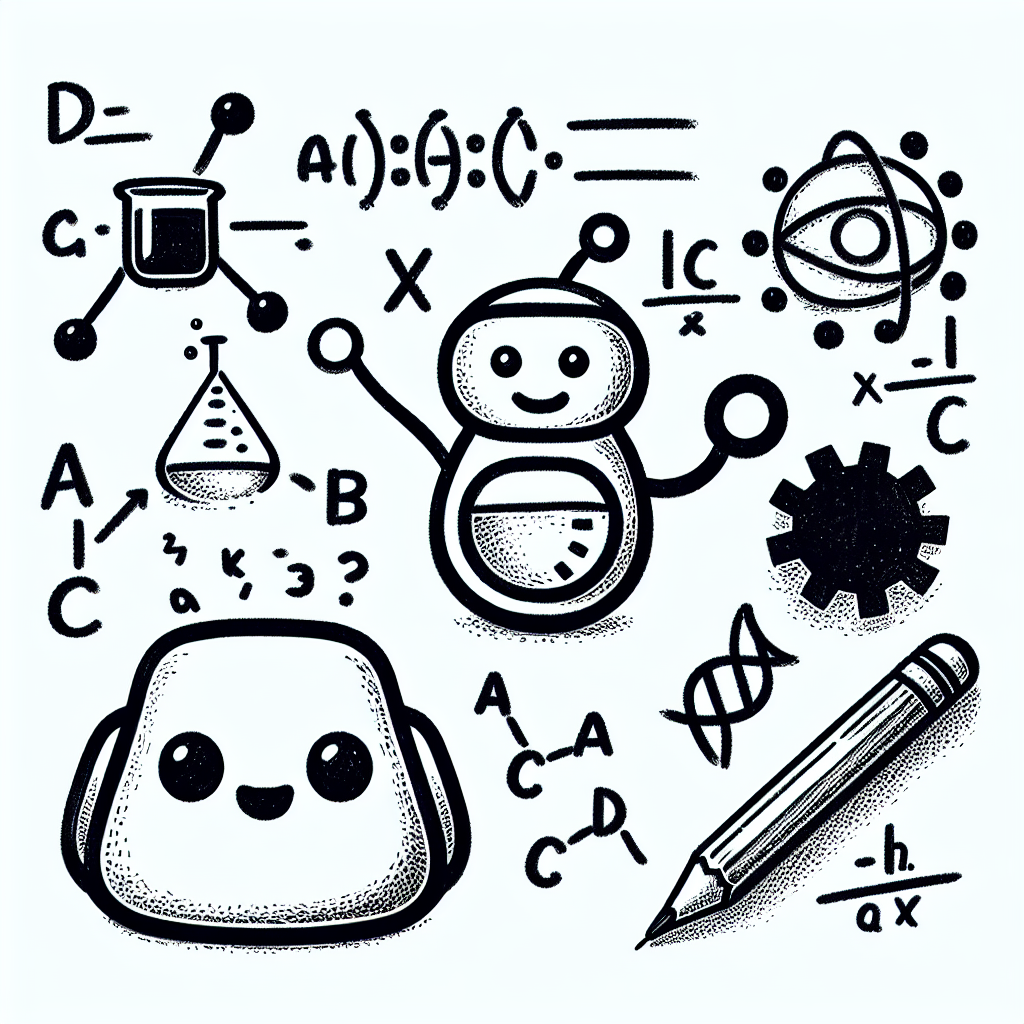



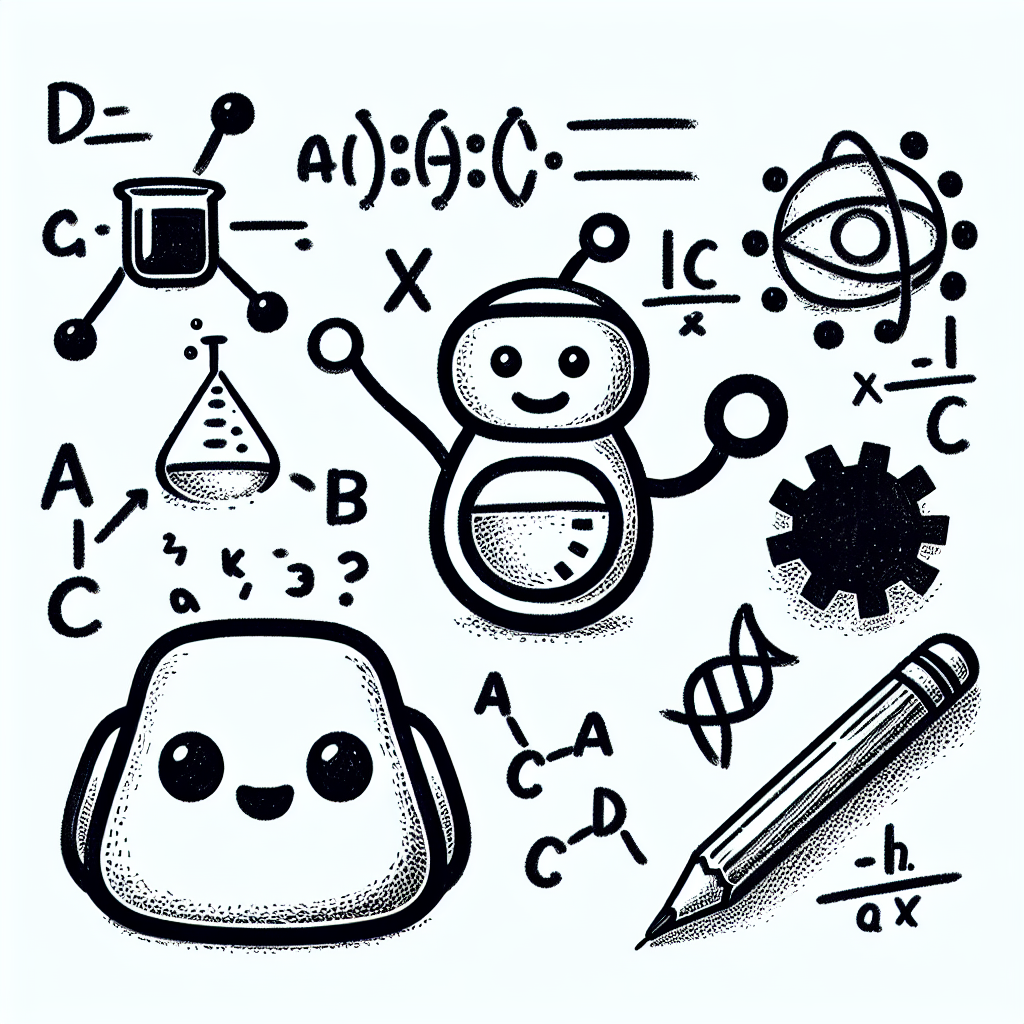


.png)






